Train Better … Train Smarter
Editor’s Note: The following post was written by Billy Demong, Olympic U.S. Ski Team Nordic Combined athlete, 2010 gold medalist, and USANA Brand Ambassador. You can also find a version of this article on doctoroz.com.
In the world of wellness there is a lot of information on nutrition and training. But when it comes to cardiovascular health, the information is all over the place. As an Olympic athlete, I can’t leave that key knowledge to chance, which means over the years, I’ve done some extensive research to best train my body.
I have discovered that the health of our heart is the single most important catalyst and/or limiting factor in everything we do—from our lifespan to our athletic performance. Much of my own athletic journey has been steered by trying to learn as much as possible about this very subject. For more than 15 years and throughout five Olympic Games, I have continuously strived to maximize my training, knowledge and nutrition to enhance the adaptation of the cardiovascular system.
Nordic Combined skiing is a tiny sport—with a very small pool of athletes to choose from—making it imperative for my teammates and I to take advantage of the time and opportunities to train not only hard, but smart in order to reach our potential.
High vs. Low Impact
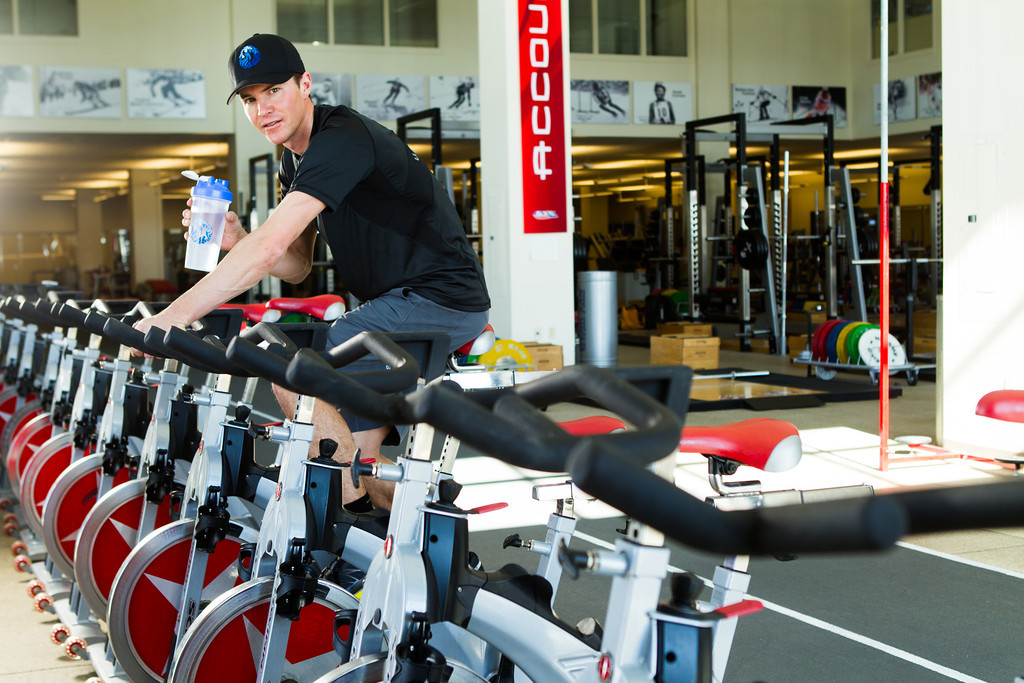
The backbone of fitness is “cardio” training, which is often a misunderstood and misused term to describe the training of the cardiovascular system. Often, people stare at the age/max heart rate charts on most gym equipment and are taught to believe that they should spend as much time near that recommended max as possible to achieve results. In reality low-end cardiovascular training (e.g. walking, hiking, jogging, easy swimming or cycling) has a huge impact on overall fitness and is an attainable movement for the nearly sedentary to the most elite athletes. Low-end exercises also have the benefit of increased cappilarization in skeletal muscle tissue, increased stroke volume of the heart and overall increased blood volume.
All of these factors can help contribute to a more efficient and healthy cardiovascular system, and when coupled with controlled intensity training, can help even the world’s best endurance athletes fulfill their potential.
Supplemental Help
Training is essential, but it’s not everything. I have experienced that without proper fuel, the adaptation to training is truncated and the energy to execute and maximize those efforts is subdued.
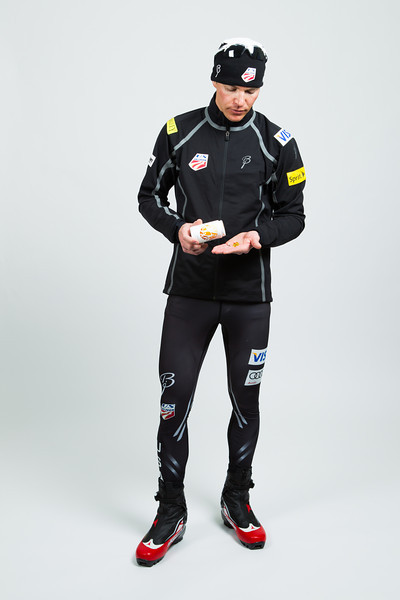
Through the years I’ve developed a personalized nutrition plan that works for me, and differs from each of my teammates regimens. Creating an individual diet plan is important and provides an opportunity for us to listen to our bodies to hear what they need. I for one discovered that I require more fat than is generally recommended, in addition to a diet rich in carbohydrates, protein and vegetables. Without these adaptions, I become lethargic.
In addition to finding the right foods to support my training regime I’ve also played around with a full host of supplements over the years, and with the transparency of USANA’s tested products, I have been able to identify many that noticeably add to my overall health—from anecdotal feelings of recovery to the frequent physiological and performance testing I undergo.**
Specifically, USANA’s BiOmega has been a product that has lined up extremely well for me in supporting my pursuit of a better-trained and fueled cardiovascular system. **
Throughout the years I have watched myself and my teammates adjust our nutrition and train to become better competitors. From these adjustments and overall awareness of the importance of attaining good cardiovascular health, we have been able to produce incredible results and help set the foundation for future Nordic Combined athletes.
Again, my nutrition plan is optimal for my cardiovascular health, and it is important that you listen to your body and fine-tune what is right for you.
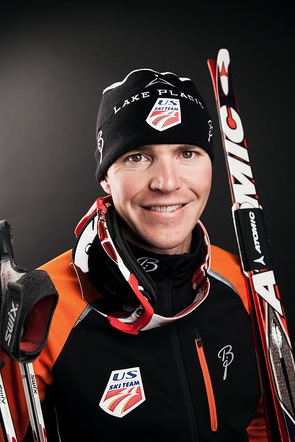 With a career on the snow of over 15 years, Billy has helped the US Nordic Combined Team produce some memorable moments. As one of America’s top Nordic skiers in history he helped the U.S. earn a silver medal in the 2010 Olympic Games Relay then went on to become the first American to win a gold medal in a Nordic Skiing event. Billy has made five Olympic Game appearances—1998, 2002, 2006, 2010 and 2014—and has helped the sport grow locally, acting as mentor to many of the younger athletes that are quickly rising on the international stage.
With a career on the snow of over 15 years, Billy has helped the US Nordic Combined Team produce some memorable moments. As one of America’s top Nordic skiers in history he helped the U.S. earn a silver medal in the 2010 Olympic Games Relay then went on to become the first American to win a gold medal in a Nordic Skiing event. Billy has made five Olympic Game appearances—1998, 2002, 2006, 2010 and 2014—and has helped the sport grow locally, acting as mentor to many of the younger athletes that are quickly rising on the international stage.
*The mentioned athletes are either distributors or dedicated users who have received compensation for their partnership and/or complimentary USANA products.
| *These statements have not been evaluated by the Food and Drug Administration.This product is not intended to diagnose, treat, cure, or prevent any disease. |
We’re proud to bring you the freshest content on the web! Follow USANA on Twitter, like our USANA Facebook page and enjoy the latest videos on the official USANA YouTube channel.
 Learn what USANA is doing to make the world a better place.
Learn what USANA is doing to make the world a better place.
The future of personalized health and nutrition is now available with USANA’s True Health Assessment.

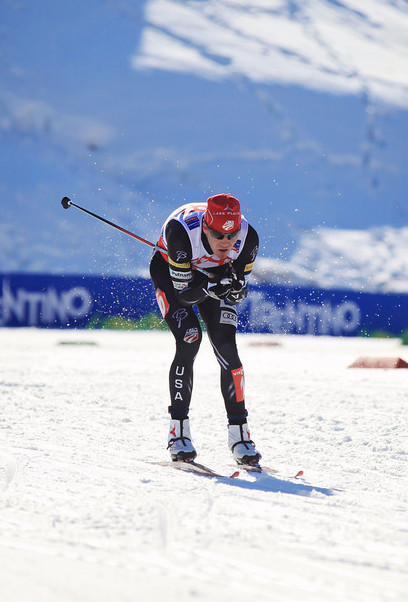
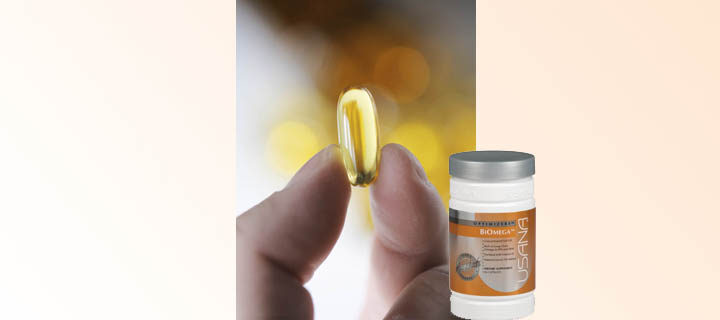

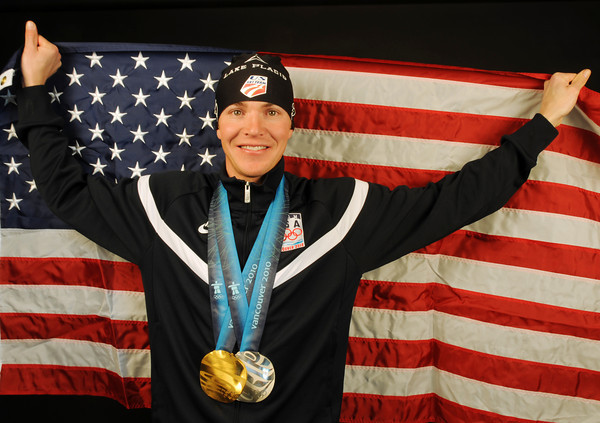
![IMG_0725 – Version 2[1]](https://whatsupusana.com/wp-content/uploads/2013/01/IMG_0725-Version-21.jpg)
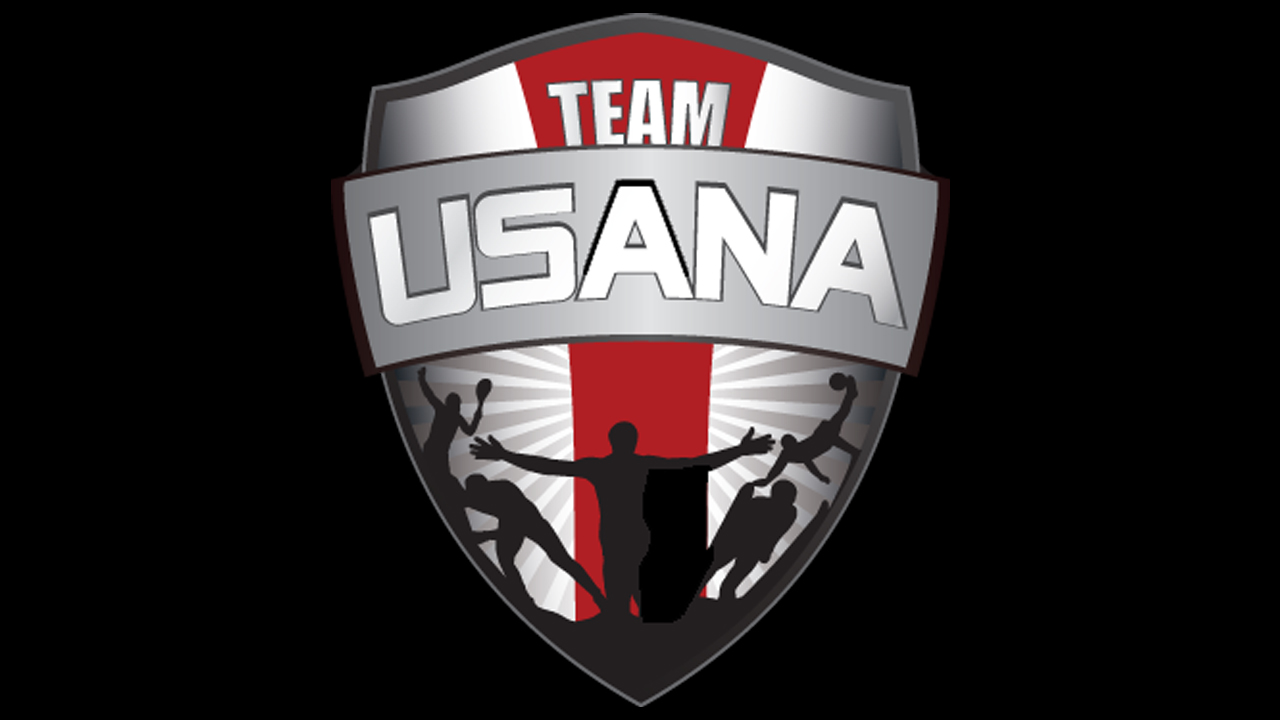

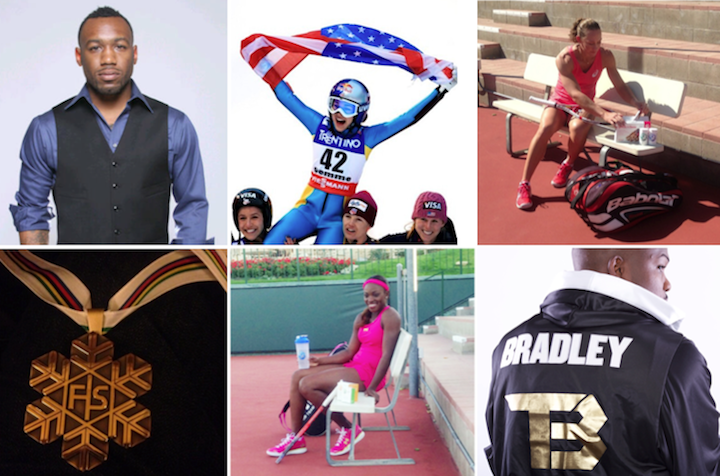
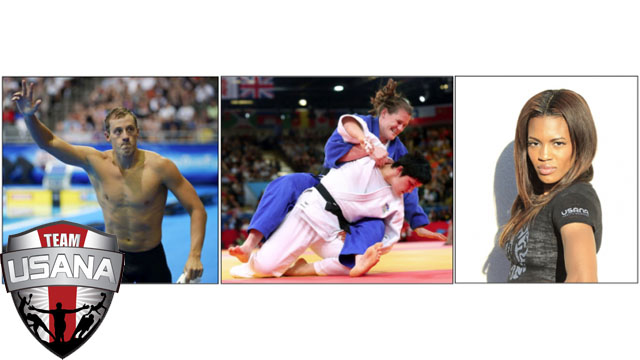
Thank you for this great article. It shows how flexible Usana products are. They can be used by a highly trained athlete as well as a working mom!